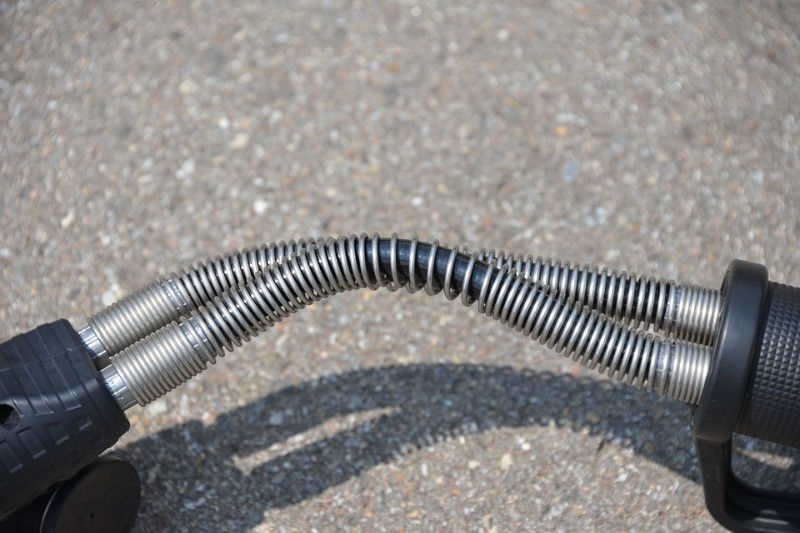When it comes to hoses and hydraulic systems, one can’t survive without the other. Hydraulic hoses are an essential part of any hydraulic system. Their integrity is vital to the system’s smooth function. If the hose is not maintained properly, even the smallest problem can turn into system failure and costly downtime.
Unfortunately, the maintenance of hydraulic hoses is often overlooked. The seemingly non-expensive spare part is considered an expendable item. Technicians usually pay close attention to such components as cylinders, pumps, and valves since they appear more important. However, a simple plastic hose protector can be just as vital as a complex steel valve.
Failure vs. Replacement
If a hose fails, the expenses an operator may incur are much more formidable than those for a simple replacement. A damaged hose may lead to clean up, lost hydraulic fluid, damage to the system due to contamination, and operational downtime.
The timely replacement of a hose is quick and painless for the system. More often than not, an in-house technician or an equipment operator can perform it.
A leaky hose doesn’t just pose danger to the equipment. It can become a hazard to staff working around the machine. Hydraulic fluid can lead to slips and falls, skin burns, irritation, and other unpleasant consequences.
What To Look For During Hose Inspection
The first thing that technicians check during a hose inspection is the hose cover. Cracked, split, abraded, and cut covers eventually lead to hose damage. The primary goal of a hose inspection is to check for leaks on the hose itself as well as on fittings, connectors, and couplings. When found in time, the leak may not cause any damage.
Professional technicians check for leaks on hydraulic hoses using a piece of cardboard instead of hands for safety. It helps to locate the source of the leak fast and allow timely replacement of the hose.
If not found on time, the leak can cause the hose to burst. If frequent leaks occur, it’s important to make sure that the hose material is compatible with the fluid and the pressure it’s under.
Connectors, couplings, and fittings are also subject to careful inspection and maintenance. Cracks, corrosion, slips, and other problems will eventually lead to leaks. The longer such issues are overlooked, the more repairs are awaiting the system in the future.
Top Causes Of Hydraulic Hose Problems
The top reasons for problems with hydraulic hoses include:
- Tube erosion
- Fluid incompatibility
- Improper minimum bend radius
- Improper assembly
- Overheating
- Abrasion
Most of these problems can be identified and prevented with regular inspections and maintenance. The key to healthy hydraulic system operation is the right parts, proper installation, and timely maintenance.
Find Out More
At Hydrastar, we offer all types of hydraulic hoses – including gate hoses UK – for your systems as well as couplings, fittings, and connectors. For more information about our products and services, please call us or download our free e-book How To Minimise Downtime With Pneumatic Plant & Machinery.



